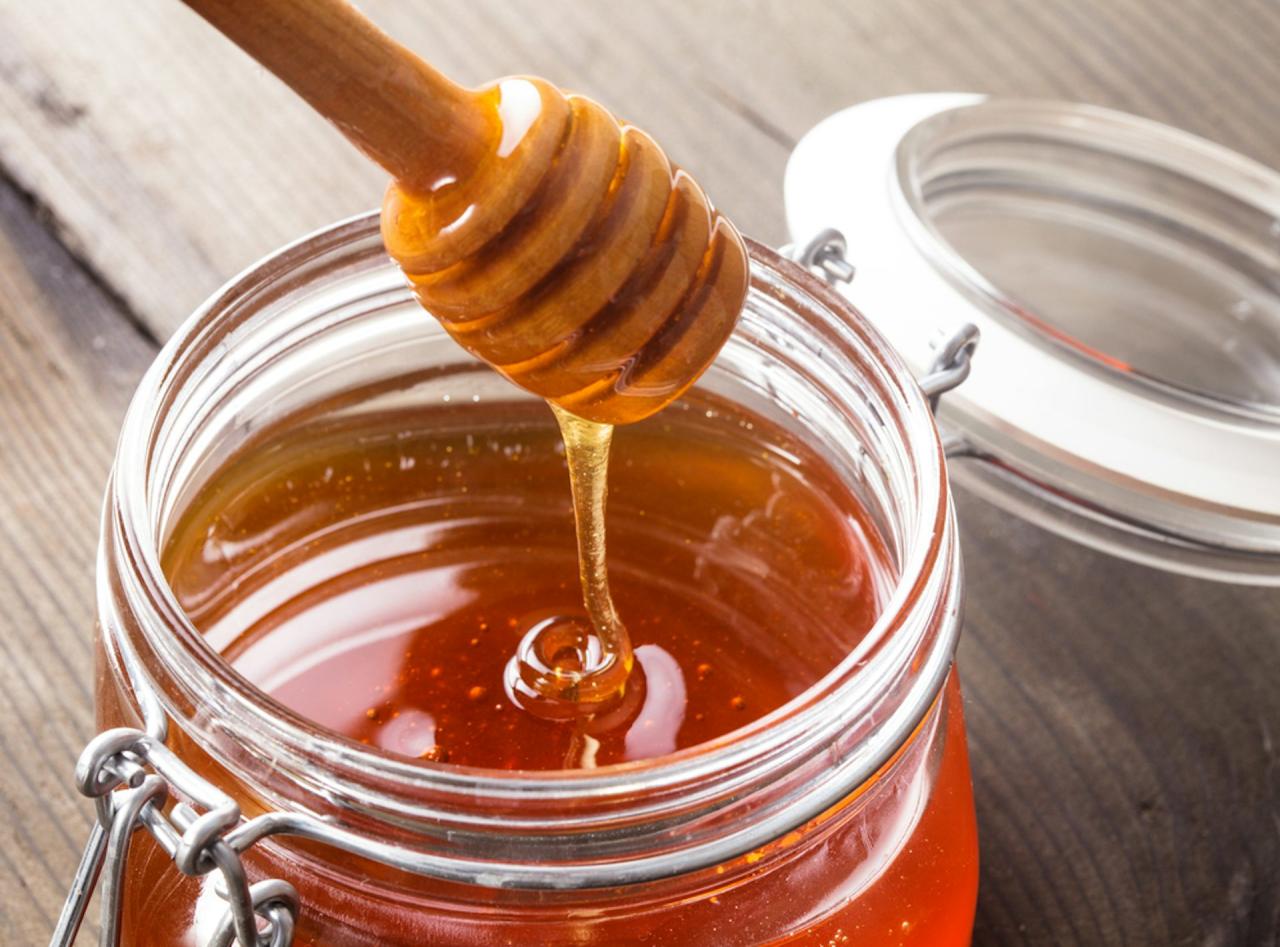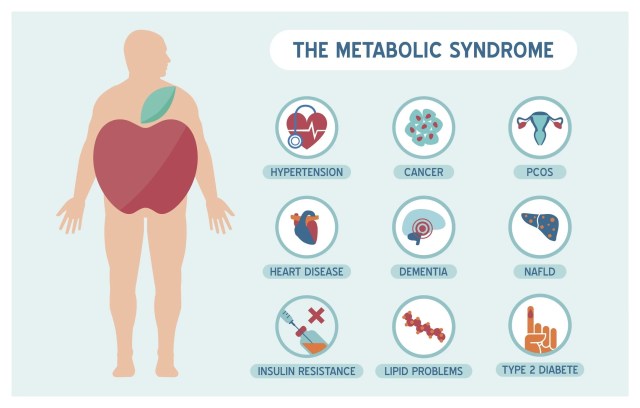Benefits and damages of fructose that we eat from fruits and some vegetables. Is fructose really harmful? The surprising truth! Together with glucose, fructose is one of the two main ingredients of added sugar. Some health experts claim that fructose is worse than the two sugars, especially when over-consumed. Are these statements of science supported?
This article will reveal the truth. What is fructose? Fructose is a type of simple saccharide, which is 50% of the composition of plain sugar. Glucose, which is the main energy source for your body’s cells, also contains glucose. To be used by the body, fructose should be converted into glucose. This process is done in the liver.
What is fructose

Fructose is a simple sugar, a monosaccharide, that is naturally found in many plants. It is one of the three most common dietary monosaccharides, alongside glucose and galactose, which are absorbed directly into the bloodstream during digestion. Fructose is particularly high in fruits, certain vegetables, honey, and root vegetables. It’s also a component of sucrose, commonly known as table sugar, which is a disaccharide composed of one molecule of glucose bonded to one molecule of fructose.
The sweetness of fructose is notable—it is the sweetest of the naturally occurring carbohydrates, making it a popular sweetener. In its pure form, fructose has been used to sweeten foods and beverages, but it is also present in high-fructose corn syrup (HFCS), which is produced by processing corn starch and treating it with enzymes to convert some of its glucose into fructose. HFCS is widely used in processed foods and soft drinks due to its sweetness and low cost.
The metabolism of fructose is distinct from that of glucose and occurs primarily in the liver. Unlike glucose, fructose does not cause a significant rise in blood insulin levels in most individuals, which has led to its use as a sweetener for people with diabetes. However, excessive consumption of fructose, particularly in the form of added sugars like HFCS, has been linked to various health issues, including obesity, insulin resistance, and non-alcoholic fatty liver disease.
In moderate amounts, fructose from natural sources like fruits and vegetables can be part of a healthy diet, providing not just sweetness but also beneficial nutrients and fiber. However, there is growing concern about the health impacts of high levels of fructose consumption, especially from added sugars, which lack the nutritional benefits of whole foods.
Benefits of fructose

Fructose also occurs in various sugar sweeteners such as high fructose corn syrup and agave syrup. If sugar in a product is one of its main ingredients, you can be sure it is rich in fructose. Before the mass production of refined sugar, people rarely consume it in large quantities. In comparison, some fruits and vegetables have relatively low levels of fructose.
Some people do not absorb the whole fructose they eat. This condition is known as fructose malabsorption, which is characterized by excessive gas release and discomfort in the peristalsis. For those with fructose malabsorption, fructose acts as a fermentable carbohydrate and is defined as monosaccharides and polyols. Unlike glucose, fructose causes low blood sugar levels.
Damages of fructose

Therefore, some health professionals recommend fructose as a “safe” sweetener for people with type 2 diabetes. On the other hand, some are concerned that excessive intake of fructose can lead to some metabolic disorders. Why fructose is bad for you? Glucose and fructose are processed by the body with extremely different metabolic processes.
While each cell in the body can use glucose, the liver is the only organ that can process fructose in certain amounts. When people eat diets rich in calories and rich in fructose, the liver becomes overloaded and begins to turn fructose into fat. Many scientists believe that over-consumption of fructose may be the cause of most of the most serious diseases today. This includes obesity, second type diabetes, heart disease and even cancer. However, much more evidence is needed.
Benefits and damages of fructose harmful effects

While over-consumption of fructose is undoubtedly unhealthy, its positive effects on health are controversial. However, there are significant body reactions that support worries. Eating too much fructose in the form of added sugars can:
• lower the composition of your blood lipids. Fructose may increase levels of VLDL cholesterol leading to body fat formation and possible heart disease;
• increase uric acid levels in the blood, leading to gout and high blood pressure;
• cause fatty liver deposition, potentially leading to non-alcoholic fatty liver disease;
• Cause insulin resistance that can lead to obesity and second type diabetes;
• Fructose does not reduce appetite as well as glucose. As a result, it can cause overeating.
• Over-consumption of fructose can cause leptin resistance, a disorder of body fat regulation that helps to obesity.
Note that not all of this is proven behind the shadow of doubt in controlled studies. However, the evidence is still somewhere out there and most research will reveal the picture in the years to come. Fructose from the added sugars is bad for you while the fruit is not. It is important to realize that all this does not apply to all the fruits. Fruits are not just water bags filled with fructose.
They are real food with low caloric density and lots of fiber. It is difficult to eat with them and you should eat a huge amount of food to reach the harmful levels of fructose. In principle, the fruit is a minimal source of fructose in the diet compared to added sugars. The harmful effects of fructose concern the Western diet of free and literally guaranteed access to calories and added sugars. It does not refer to the natural sugars found in fruits and vegetables.